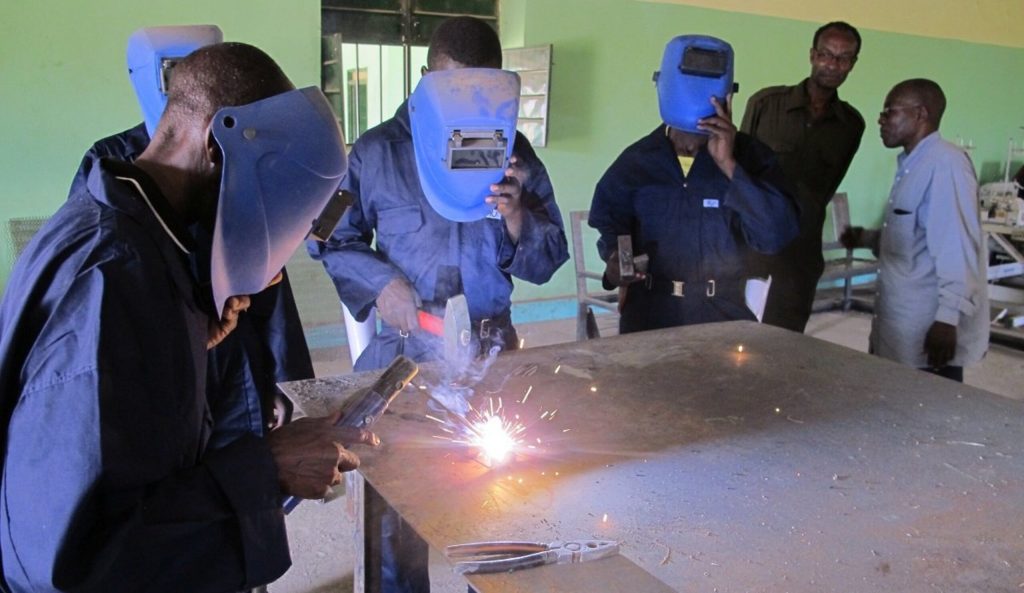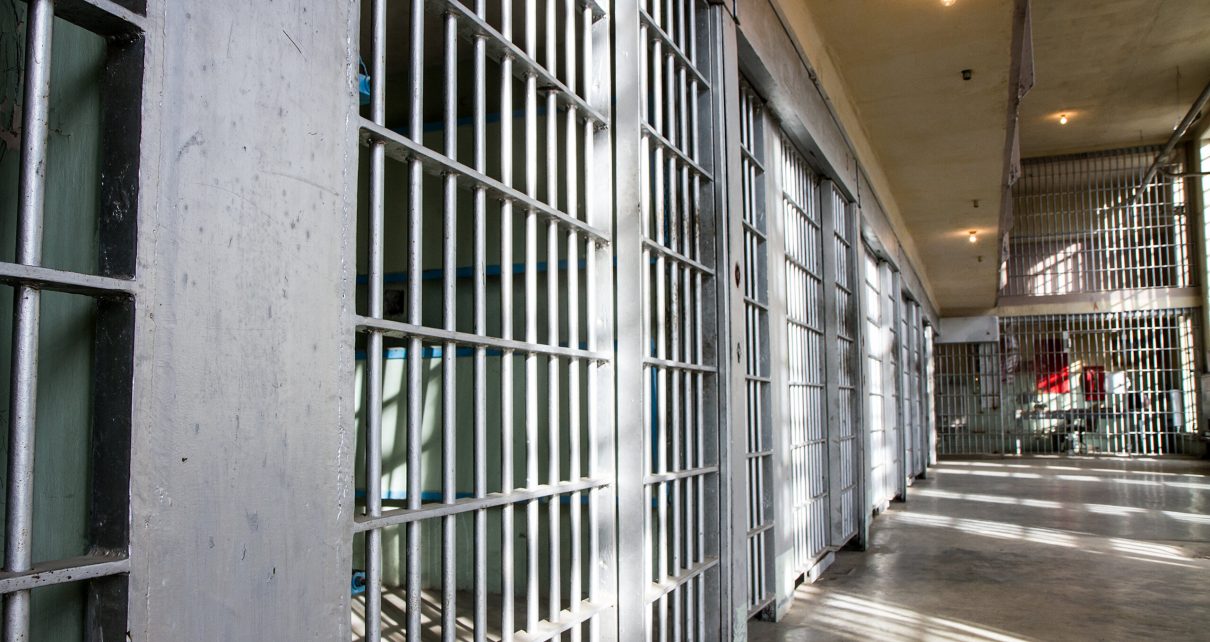The Federal Government on Thursday called on the private sector to participate in the establishment and running of Correctional Centre skills in the country.
The Attorney General of the Federation (AGF) and Minister of Justice, Mr Abubakar Malami, SAN, made the call in Abuja while declaring open a three-day National Meeting on Correctional Reforms in Nigeria.

Malami noted that the Federal Government in its bid to introduce lasting reforms and decongest Correctional Centres has so far released over 11,000 inmates across the country.
The AGF also disclosed that the government has made other efforts in developing an Implementation Strategy for the Nigerian Correctional Service Act, 2019, as well as implementation of an ICT-enabled National Criminal Database to promote effective information management in criminal justice administration, decongestion of Correctional Centres and non-custodial measures.
“Another milestone is the on-going collaboration between the Federal Ministry of Justice, Relevant Justice stakeholders and the United Nations Children’s Fund (UNICEF) with focus on implementing Amnesty and Decongestion for Juveniles deprived of their liberty during the COVID-19 Pandemic and beyond”, he added.
Also speaking, the Minister of Interior, Mr Rauf Aregbesola, observed that for the reforms to be successful, focus should not be only on the legal aspect.
“ It should be encompassing involving the private sector, particularly in empowering inmates with necessary skills for life after detention.
“Government alone cannot handle the challenges, hence the need for private sector and individuals without criminal records to partner in empowering inmates with necessary skills needed to adjust to life after incarceration.
Aregbesola said that proper planning for reforms of the service should start with the establishment of the “percentage of the Nigerian society that must be incarcerated” because according to him, Correctional Centers is the end of criminal justice.
He submitted that for reforms to be effective, “convicts are expected to come in broken and come out whole” and also able to easily return to the society.
Contributing during the meeting, Justice Ishaq Bello, the Chairman of the Presidential Committee on Correctional Reforms and Decongestion listed the speedy passage of the Nigerian Correctional Services Bill by the National Assembly and the subsequent signing into law of the Nigerian Correctional Service Act, 2019 by President Muhammadu Buhari as a major achievement of the Committee.
Bello, who is also the FCT Chief Judge, said some of the critical issues to be considered in this Summit include: Overview of correctional Reform and Decongestion in Nigeria: the journey so far.
“Best practices in correctional reforms and lessons from other jurisdictions – (emerging issues/trends In Correctional Reforms and Decongestion).
“ Deployment of Technology in the management of Correctional system in Nigeria – the perspective of the judiciary and Deployment of Technology in the management of Correctional system in Nigeria, among others.
Highlight of the event was the unveiling of the “Harmonized FCT Sentencing (Custodial and Non-custodial) Practice Direction 2020”. (NAN)



